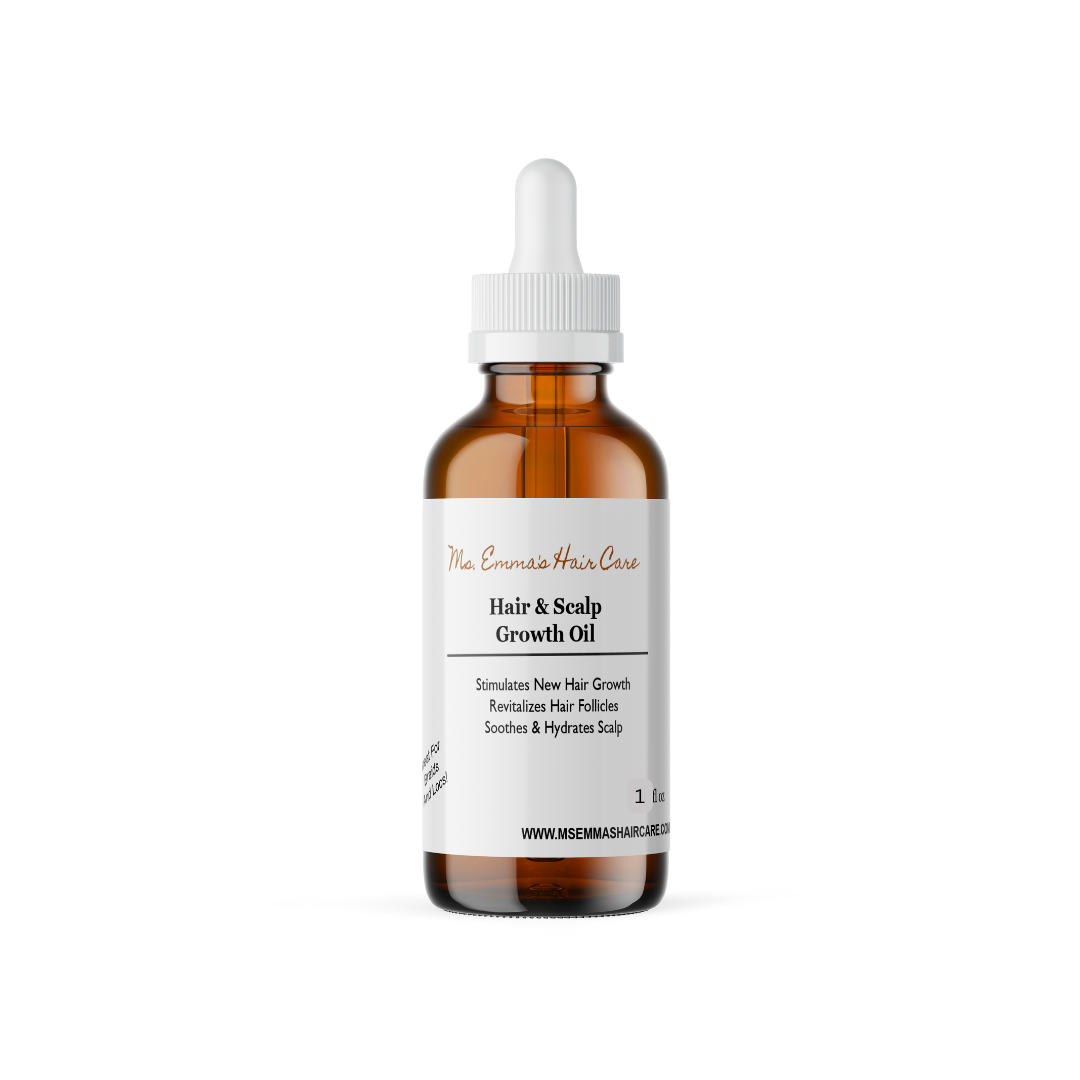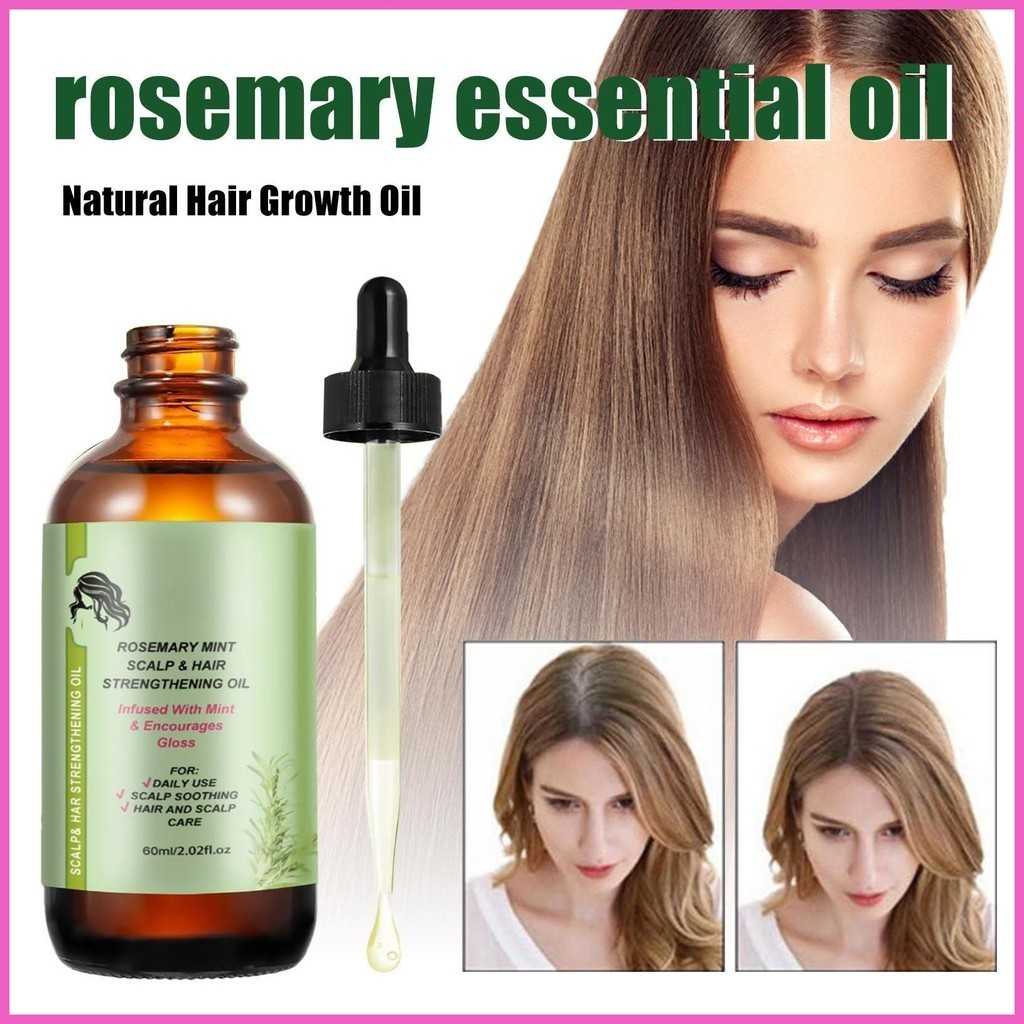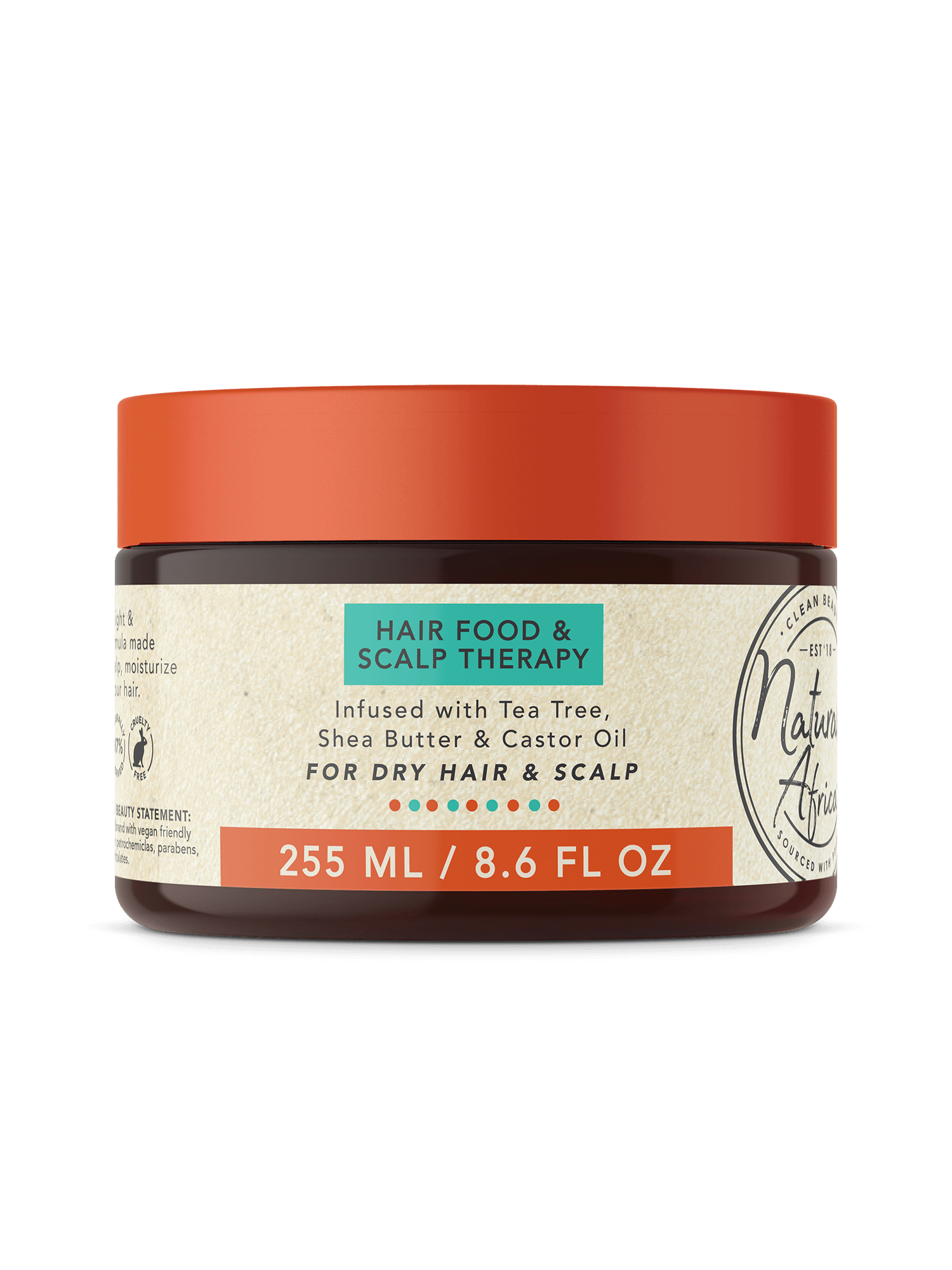Revitalize Your Hair With Scalp Oil For Hair Growth: The Ultimate Guide
When it comes to hair care, scalp oil for hair growth has become an essential component for many people seeking healthier and fuller locks. Whether you're experiencing hair thinning, slow growth, or simply want to maintain a vibrant mane, using scalp oil can be a game-changer. This natural remedy has gained immense popularity due to its effectiveness in promoting hair growth and enhancing scalp health. In this comprehensive guide, we'll delve into the benefits, types, and application methods of scalp oils to help you make informed decisions about your hair care routine.
As more individuals explore holistic approaches to beauty and wellness, the demand for natural hair care solutions continues to rise. Scalp oil treatments have been around for centuries, passed down through generations as a trusted method to stimulate hair growth and improve scalp conditions. By understanding the science behind these oils and how they work, you can harness their power to achieve your desired hair goals.
In this article, we will explore everything you need to know about scalp oil for hair growth. From the best oils to use, tips for application, and expert advice, we aim to provide you with valuable insights to enhance your hair care journey. Let's dive into the world of scalp oils and discover how they can transform your hair's health and appearance.
Read also:Cooling Body Pillow The Ultimate Solution For A Refreshing Nightrsquos Sleep
Table of Contents
- Understanding Scalp Oil for Hair Growth
- Benefits of Using Scalp Oil
- Types of Scalp Oils
- How to Apply Scalp Oil
- How Often Should You Use Scalp Oil?
- Common Myths About Scalp Oil
- The Science Behind Scalp Oil
- Tips for Maximizing Results
- Potential Risks and Side Effects
- Conclusion
Understanding Scalp Oil for Hair Growth
Scalp oil refers to natural oils that are applied directly to the scalp to promote healthy hair growth. These oils are rich in nutrients and essential fatty acids that nourish the scalp and hair follicles. When used correctly, scalp oils can improve circulation, reduce inflammation, and create an optimal environment for hair to thrive.
One of the primary reasons scalp oil for hair growth is so effective is its ability to penetrate deep into the scalp. Unlike traditional hair products that focus solely on the hair shaft, scalp oils target the root cause of hair problems by addressing scalp health. This holistic approach ensures long-term benefits and sustainable results.
Why Choose Natural Oils?
Natural oils are preferred over synthetic products because they are free from harsh chemicals and additives that can damage the scalp. They are also more readily absorbed by the skin, providing faster and more noticeable results. Some of the most popular natural oils include coconut oil, argan oil, jojoba oil, and castor oil, each with unique properties that contribute to hair growth.
Benefits of Using Scalp Oil
Using scalp oil for hair growth offers numerous benefits that extend beyond just promoting hair growth. Here are some of the key advantages:
- Improves scalp health by reducing dandruff and itchiness
- Enhances blood circulation to the scalp, stimulating hair follicles
- Strengthens hair strands, reducing breakage and split ends
- Provides deep hydration, leaving hair soft and shiny
- Protects against environmental damage and pollution
By incorporating scalp oil into your hair care routine, you can experience healthier, stronger, and more vibrant hair over time.
Types of Scalp Oils
Not all scalp oils are created equal, and different oils cater to specific hair needs. Below is a breakdown of some of the most effective oils for promoting hair growth:
Read also:Taylor Swift Eras Tour Ttpd The Ultimate Experience For Fans
Coconut Oil
Coconut oil is renowned for its moisturizing properties and ability to penetrate the hair shaft. It helps reduce protein loss, making it ideal for strengthening brittle hair. Additionally, its antibacterial and antifungal properties make it an excellent choice for treating scalp infections.
Castor Oil
Castor oil is rich in ricinoleic acid, which has anti-inflammatory effects that soothe the scalp and promote hair growth. Its thick consistency makes it perfect for sealing in moisture and protecting the hair from external damage.
Argan Oil
Argan oil is packed with vitamin E and fatty acids, which nourish the scalp and promote healthy hair growth. It also has excellent smoothing properties, making it ideal for taming frizz and adding shine to dull hair.
How to Apply Scalp Oil
Applying scalp oil correctly is crucial for achieving the desired results. Follow these steps for effective application:
- Cleanse your scalp with a gentle shampoo to remove dirt and buildup.
- Warm the oil slightly to enhance absorption and comfort.
- Using your fingertips, massage the oil into your scalp in circular motions.
- Leave the oil on for at least 30 minutes or overnight for deeper penetration.
- Rinse thoroughly with water and shampoo as usual.
Consistent application is key to experiencing the full benefits of scalp oil for hair growth.
How Often Should You Use Scalp Oil?
The frequency of scalp oil application depends on your hair type and specific needs. For most people, using scalp oil once or twice a week is sufficient to maintain scalp health and promote hair growth. However, those with dry or damaged hair may benefit from more frequent treatments. Always listen to your scalp's needs and adjust accordingly.
Common Myths About Scalp Oil
There are several misconceptions surrounding scalp oil for hair growth. Let's debunk some of the most common myths:
- Myth 1: Scalp oil causes hair loss. Fact: When used properly, scalp oil can actually prevent hair loss by strengthening the roots and improving scalp health.
- Myth 2: Oily scalps should avoid scalp oil. Fact: Certain oils, like jojoba oil, mimic the natural sebum of the scalp and can help regulate oil production.
- Myth 3: Scalp oil only works for certain hair types. Fact: Scalp oil is beneficial for all hair types, as it targets the scalp rather than the hair itself.
The Science Behind Scalp Oil
Scalp oil works by nourishing the scalp and hair follicles with essential nutrients and fatty acids. These components improve blood circulation, which is vital for delivering oxygen and nutrients to the hair follicles. Improved circulation stimulates the follicles, encouraging faster and healthier hair growth. Additionally, the anti-inflammatory and antimicrobial properties of certain oils help maintain a balanced scalp environment, reducing the risk of infections and irritations.
Key Ingredients to Look For
When choosing a scalp oil, look for ingredients like:
- Vitamin E: A powerful antioxidant that protects hair from oxidative stress
- Omega-3 Fatty Acids: Essential for maintaining strong and flexible hair strands
- Essential Oils: Such as tea tree oil and lavender oil, which have calming and cleansing properties
Tips for Maximizing Results
To get the most out of your scalp oil treatment, consider the following tips:
- Use a microfiber towel or silk scarf to wrap your hair after application, preventing oil from transferring to your pillowcase.
- Combine scalp oil with a hot oil treatment for deeper penetration and enhanced benefits.
- Massage your scalp regularly to stimulate circulation and improve oil absorption.
By incorporating these practices into your routine, you can amplify the effects of scalp oil for hair growth.
Potential Risks and Side Effects
While scalp oil is generally safe for most people, there are a few potential risks to be aware of:
- Allergic reactions: Always perform a patch test before using a new oil to ensure you're not allergic.
- Overuse: Applying too much oil can lead to greasy hair and scalp buildup, so moderation is key.
- Inadequate cleansing: Failing to rinse out the oil properly can cause clogged pores and scalp irritation.
If you experience any adverse effects, discontinue use and consult a dermatologist for advice.
Conclusion
Scalp oil for hair growth is a natural and effective solution for promoting healthier, stronger hair. By understanding the benefits, types, and application methods of scalp oils, you can tailor your hair care routine to meet your unique needs. Remember to choose high-quality oils, apply them consistently, and be patient as results may take time to manifest.
We encourage you to share your experiences with scalp oil in the comments below. Have you noticed improvements in your hair health since incorporating scalp oil into your routine? Don't forget to explore our other articles for more hair care tips and tricks. Together, let's embark on a journey toward healthier, more vibrant hair!


